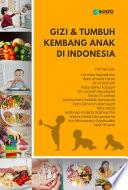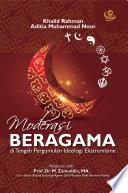The 130 million Muslims in India form the second largest Muslim population in the world. Scholarship on them has however focused on a limited range of issues. There is little by way of macro studies on the economic condition of Muslims in various parts of India. What is the condition of the Indian Muslims at the dawn of the twenty first century? What is the demographic profile of the community? What is the percentage of its population in agriculture, industry and the tertiary sector? How do Muslims fare at the national level? Does the Muslim economic condition differ from state to state, given the regional imbalances in the country resulting from unequal develop-ment? How does Muslim economic condition in the early twenty first century compare with the recent and distant past? To what extent can the political changes account for these varia-tions? How does the economic profile of the Muslims compare with the majority Hindus, Dalits, and minorities like Christians, Sikhs and Parsis? Historians, politicians, journalists and others agree that Muslims in general lag behind other communities. Does Islam, or Islam as interpreted and lived, have anything to do with it? What is the role of the State in this matter? What is the record of the post-independence central and state governments? The author tries to answer some of these questions. He argues that understanding these issues is not only a matter of academic enquiry, but also necessary for taking appropriate corrective measures by the community leader-ship as well as by the state. The various chapters focus on the pre-Independence legacy, the impact on Muslims of Partition and politics on ownership of assets, employment, access to education, public services or their role in labour, commerce and industry. It is a report on the current status of the Muslim minority in India, particularly the Urdu-speaking Muslims. Densely documented, with hard to find statistical data, written with an economy of words, no one remotely interested in Indian economy, society or politics can afford to ignore this immensely readable book.
Densely documented, with hard to find statistical data, written with an economy of words, no one remotely interested in Indian economy, society or politics can afford to ignore this immensely readable book.










